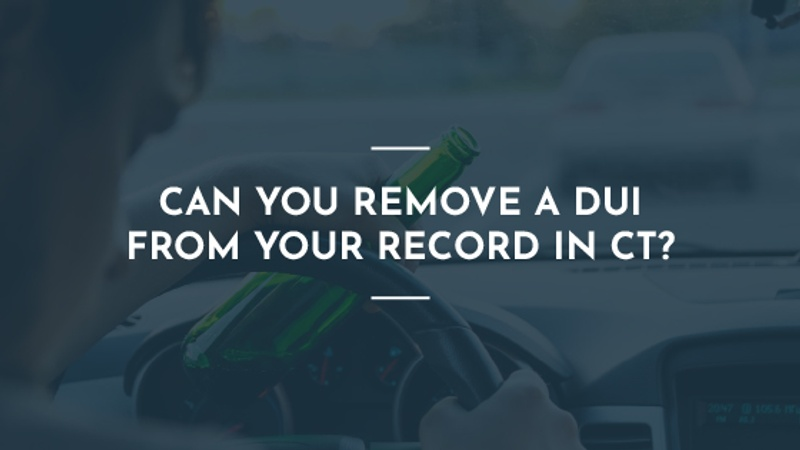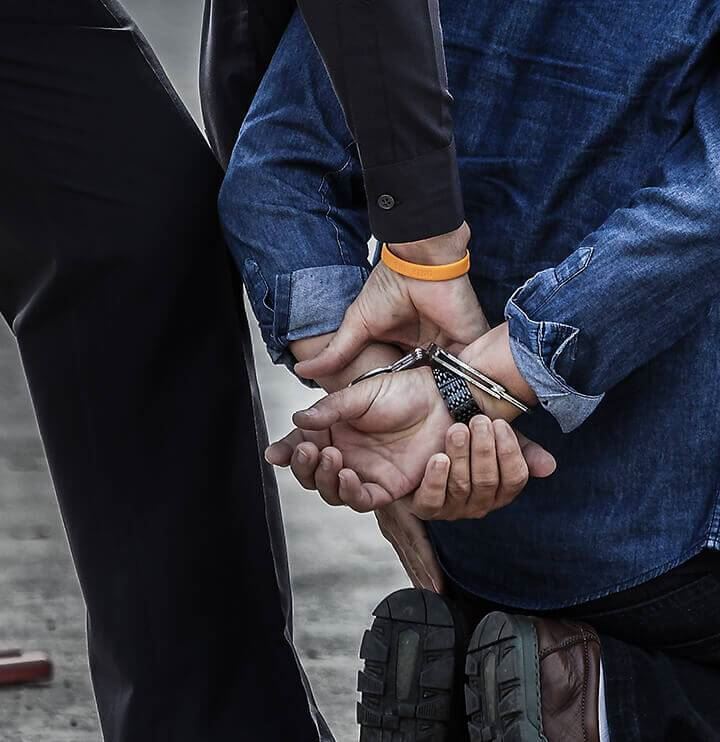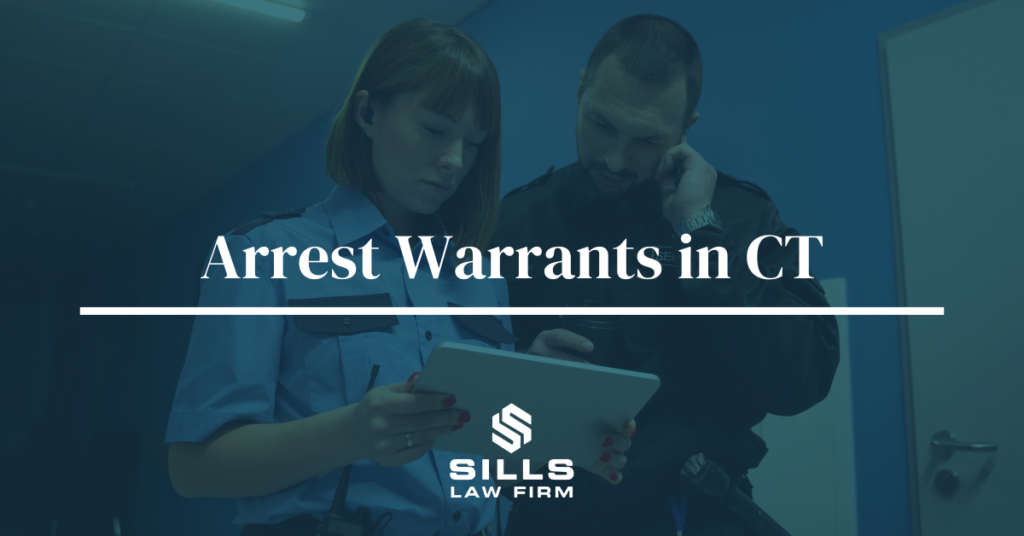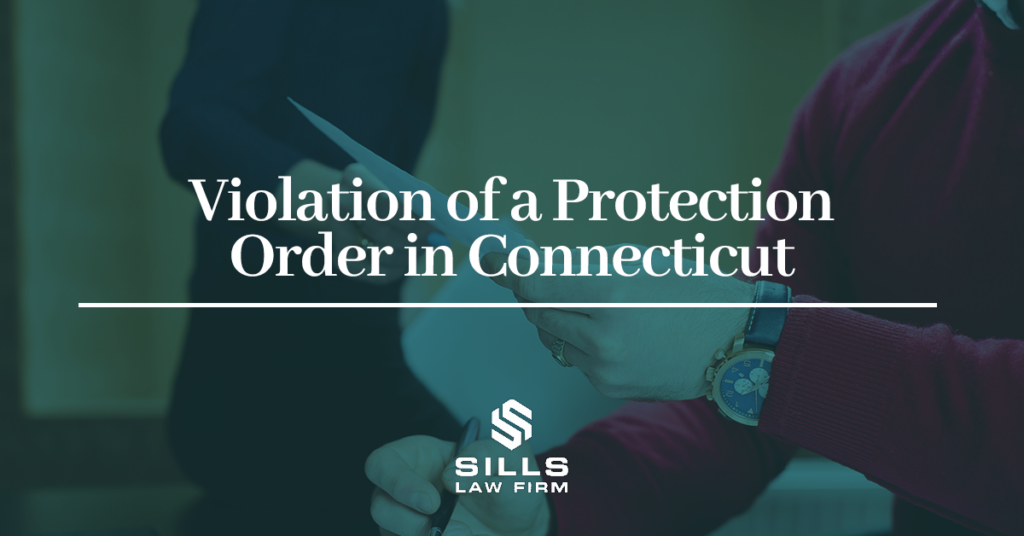Driving under the influence of alcohol and/or drugs (DUI) is more than just a traffic violation. It’s a criminal offense. If you are convicted of a DUI in Connecticut, you could lose your license, have to pay hefty fines – and even spend time in jail.
A DUI conviction will also leave you with a criminal record, which can prevent you from getting a job and otherwise moving forward with your life. Getting an expungement through the Board of Pardons and Paroles allows you to clear your criminal record. Removing a DUI from your record in this way can open up new possibilities for your life, without the burden of a criminal record hanging over your shoulders.
There are a number of steps involved in the expungement process in Connecticut. A skilled CT expungement lawyer can help, working with you to remove a DUI from your record.
Is It Possible to Remove a DUI from Your Record in Connecticut?
In Connecticut, an expungement – or clearing of a criminal record – is referred to as a pardon. There are two types of pardons available: an absolute pardon and a provisional pardon. In most cases, people with a DUI conviction can have it removed from their record through an absolute pardon.
An absolute pardon erases a conviction from your record entirely. To be eligible for an absolute pardon for your DUI, a specific amount of time must have elapsed since your conviction. Specifically, you must wait 3 years for a misdemeanor DUI conviction and 5 years for a felony conviction. For purposes of a pardon, the clock starts to run on the date that the criminal conviction was entered into the record (when you plead guilty or a jury found you guilty at trial).
In addition, you must not have any pending criminal charges or open cases in any state or jurisdiction. You also cannot apply for an absolute pardon for a CT DUI if you are currently on probation or parole. Finally, you cannot have any nolle prosequi charges (where the prosecutor decided to drop the charges against you) within the previous 13 months.
To apply for an absolute pardon, you will need to complete an application and gather the required information, including:
- A criminal history request form;
- Police reports that resulted in a conviction in the past 10 years;
- A letter from the Office of Adult Probation, if you have ever served a period of probation;
- A fingerprint card;
- Three references;
- A photocopy of your driver’s license or state identification card;
- Proof of employment or sources of income; and
- Any other documentation that you want the Pardons Board to consider.
If you are eligible for an absolute pardon, then the Pardons Board will conduct a background investigation and conduct a pre-screening interview by telephone. This step may be skipped if you qualify for an expedited pardon. You will then need to attend a Pardons Board hearing, where the Board members will determine if your pardon request will be granted. You should appear at this hearing in person, even if you now live out of state.
A provisional pardon, or certificate of employability, does not remove your DUI conviction from your record. Instead, you will receive an official state document that states that you should not be denied a job or a license because of your criminal history. A skilled Connecticut criminal defense attorney can advise you as to your eligibility for an absolute or provision pardon based on your criminal history and the facts of your DUI conviction.
Can an Expungement Lawyer Help Me Get a DUI Removed from My Record?
Applying for an expungement in Connecticut can be an involved process. It starts with gathering information – including police incident reports and court, probation, or police records for unreported convictions – and filling out an application. For many people, this process alone can be overwhelming. A Connecticut expungement attorney can help with this initial step – and stand with you throughout the process.
For many people, one of the most nerve-wracking parts of the process involves going before the Pardons Board. There, the Board members will examine factors such as your work history, your rehabilitation since the DUI arrest, the severity of the DUI, and other relevant information, before deciding whether to grant an absolute pardon.
An attorney will advocate for your best interests, helping you tell the story of how you have been rehabilitated, any mitigating factors, and your contributions to the community. A lawyer can’t speed up the processor guarantee that your expungement will be granted. However, your attorney can improve the likelihood of a pardon being granted, based on their experience and knowledge of the process. They can also prevent you from having to apply more than once by advising you of your eligibility for expungement.
How We Can Help
If you want to remove a DUI conviction from your record in Connecticut, working with a lawyer is the best way to accomplish that goal. Your attorney will counsel you on your options, help you through the process, and advocate for you before the Pardons Board.
At the Sills Law Firm, we represent people who have been charged with or convicted of crimes in Connecticut. Our goal in each case is to help our clients achieve the best possible outcome, whether that means a favorable plea deal, a not guilty verdict at trial – or an absolute pardon of a DUI conviction. To learn more or to schedule a free consultation with a Connecticut expungement lawyer, call our office at 860-524-8118 or fill out our online contact form.
Related:
- Hartford Drunk Driving Lawyer
- Stamford Drunk Driving Lawyer
- Manchester Drunk Driving Lawyer
- Middletown Drunk Driving Lawyer
- Bridgeport Drunk Driving Lawyer
- Meriden Drunk Driving Lawyer
- Danbury Drunk Driving Lawyer
- Waterbury DUI Lawyers
- How Much Does a DUI Lawyer Cost in Connecticut?
- What to Expect with a 1st Offense DUI in CT
